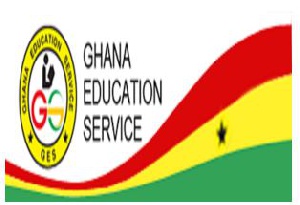Alhaji Mohammed Haroun, Northern Regional Director of the Ghana Education Service has lauded the Young People in Charge (YPIC) project for empowering girls with income generating skills to cater for their basic needs.
He said this would ensure girls’ retention in school leading to improved academic performance.
Alhaji Haroun gave the commendation at a forum in Tamale to share lessons learnt during the implementation of the YPIC programme.
The YPIC project is an integrated model that empowered young people from the ages of 10 and 24 years with comprehensive social, financial and sexual education to ensure that they led healthy and productive lives.
More than 4,700 pupils from 13 districts including; Mion, Central Gonja, East Mamprusi, Tolon and Tamale Metropolis benefited from the project, where they also learnt Zana mat production and development of artifacts from waste materials for sale to generate income.
The two-year project, which ended this year, was implemented by Savana Signatures and Association of Church Development Projects (ACDEP), non-governmental organisations, with technical support from New Dawn for Social Development.
Alhaji Haroun said parents’ inability to cater for the basic needs of girls left them vulnerable to some unscrupulous people, who tried to take advantage of them; hence the necessity of YPIC.
He said the region achieved gender parity in enrollment at the basic school level, expressing the desire that all girls in the Northern, Upper East and Upper West Regions would attain higher education to prevent human rights abuses against them.
Mr John Stephen Agbenyo, Executive Director of Savana Signatures was hopeful that the project would lead to a reduction in the number of girls that got pregnant in the region, thereby promoting retention of girls in school.
Mr Agbenyo suggested the need to make sexual and reproductive health rights commodities affordable, and review the country’s banking system to allow young people to access financial services, such as operating bank accounts to help promote their interest.
Some of the teachers, who facilitated the project, lauded it for enabling their schools to have access to Information and Communication Technology facilities and building the confidence of pupils.
General News of Tuesday, 12 December 2017
Source: GNA













